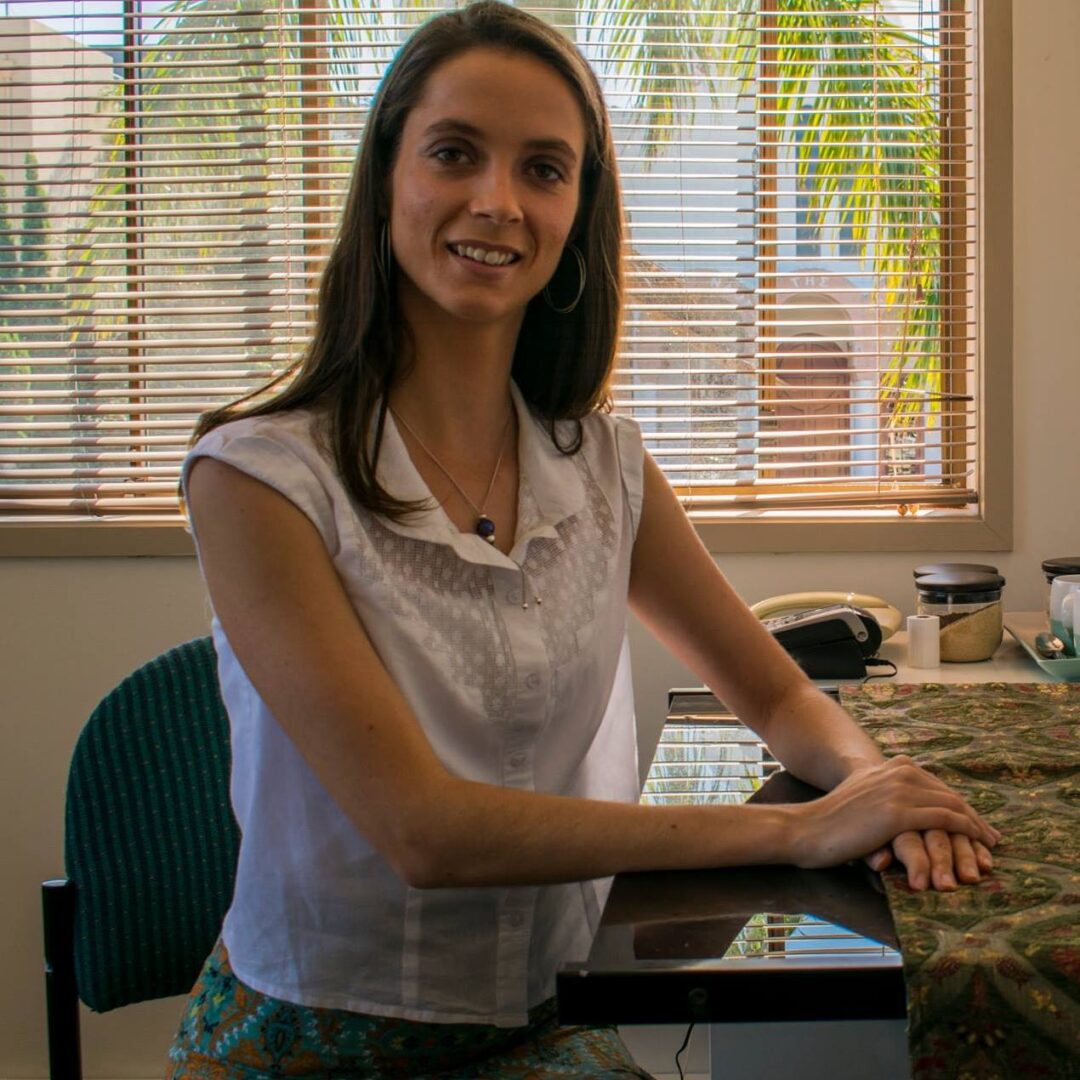Australia’s response to the COVID-19 pandemic in 2020 was held in high esteem until around May 2021. Australians, like me, are viewed as a well-behaved nation who obeyed strict lockdown rules, unlike more “rebellious” countries such as the U.S.
However, the truth is a different story. Australians are being played with like small children, and we are unhappy about it.
State Of Emergency In Australia
There’s been a pattern among Australian states that more people here have begun to notice. When a state of emergency (SOE) is due to end, more COVID-19 cases “coincidentally” appear. This can be as little as one or two people. In January 2021, just one case triggered a three-day lockdown in Brisbane and the surrounding areas.
Then, the state of emergency was extended by several months. I was holding off on writing this article until June had passed, when my state’s SOE was due to end. But it happened again–a few tiny clusters locked down most of us (including my city, which I won’t add for privacy) for 72 hours.
A longer lockdown currently happening in parts of New South Wales is damaging my friends’ businesses as if they didn’t matter. All of this while during Freedom Day in the United Kingdom masks were mostly voluntary; restored privacy replaces mandatory QR code contact tracing, and more people can work in-person. The “new normal” is being dismantled, at least in the UK.
With international travel still limited, we Australians are being treated partly like misbehaving children, and partly like hostages. It’s much like the stories of China I’d hear as a teenager from exchange students. You could travel internationally, but it was difficult, and government propaganda was all over the media.
How Restricted Have Australians Been?
Lockdowns in Australia generally allow for four reasons to leave home.
- Essential goods and services (such as food or doctor’s appointments).
- Essential work or study if you can’t do it at home.
- Exercise outside, which sometimes had distance limits.
- To provide care for others.
As devastating as it has been, some people I have spoken to didn’t feel restricted at all. Many of us were still going to the beach and exercising outside in general, while millions in other countries couldn’t. A very recent three-day lockdown in my area fit perfectly within my plans and had no effect on my life. It’s easier to follow the rules when there are fewer of them.
On the other hand, Victoria was less fortunate. Residents there experienced a nearly four-month lockdown on top of the initial seven-week one in 2020. Thousands have fled the state for Queensland and New South Wales–anything less confined–with the businesses and mental health of millions impacted.
And no, we aren’t perfectly obedient; we don’t “like being told what to do” as our often infantilizing media has claimed (Read for a good laugh). Many of us are not wearing masks even during “mandate” periods. More of us have been breaking the rules, with some escaping to more remote areas. Of course, I still cannot give a detailed description of what that has looked like.
Do Australians Really Need Lockdowns?
We are told that these lockdowns are necessary, but different regions tell different stories.
Compare Sweden and the UK. Mobility, measured by travel to work and through public transport stations, only dropped by 38 percent in Sweden during March and April 2020, while it fell by 67-71 percent in the UK. However, their death rate attributed to COVID-19 is lower. Sweden has had over 20 percent fewer deaths per million, despite their dangerous mistake of neglecting people in nursing homes. In Israel, other respiratory infections are surging as people emerge with weakened immune systems from restricted lives, just as they did here a few months ago.
The average age of COVID-attributable deaths has often been similar to the average life expectancy, but there is increasing development of therapies to reverse the aging of the immune system. Vaccines had an Operation Warp Speed, while dietary supplements such as vitamin D, iodine, and zinc were ignored. Other research, such as the TRIIM-X and PEARL trials, have to be patient-paid or crowdfunded. Many COVID deaths may not even be from the infection either, as the vast majority have at least one other illness that could have been responsible.
The Harm of Restrictions
So restrictions may not be necessary for everyone, but are they harmful? Even research on animals shows that dominance hierarchies harm the immune system. This is despite a more instinct-based consciousness, as you don’t see them fighting for greater personal freedoms as humans have done over the years. Strict lockdowns are essentially a deepening of already-existing systems of dominance, as the increasing unemployment creates new disadvantages for those affected.
In Victoria, where more time was spent in lockdown than anywhere else in Australia, one in 10 people seriously considered suicide. Perhaps the worst part of this is that conventional medicine sees mental illness as lifelong. Millions of people worldwide have likely emerged from 2020 and 2021 “officially” branded for life as damaged.
The Australian Environment
Why has Australia had such a low caseload and (attributed) death rate? To start with, we’re more spread out; being one of the least densely populated countries, it’s harder for droplet or airborne infections to spread.
We also have some of the best air quality in the world, which protects against respiratory infections. Even though vaccines are pushed as the one true solution to childhood mortality in the developing world, air pollution is a major contributor to serious respiratory illness. Burning wood, charcoal, or dung as fuel can be 50 times more polluting than natural gas, and 20 times worse than cigarette smoking. Multiple studies show that more air pollution means more respiratory illness.
A study of children in Arizona found that using a wood stove for heating and cooking made them four times more likely to be diagnosed with a respiratory infection, for example. Air pollution causes airway constriction, increases inflammation during infection, and disrupts the ability of immune cells to eliminate viruses. It also speeds up aging, particularly of the immune system, which in turn speeds up aging throughout the body.
It’s Not Over Yet
The so-called “new normal” the Australian government is trying to railroad us into is deeply flawed. They are trying to track us with QR code check-ins at every business and event because the state of emergency allows them to under the guise of contact tracing.
As the government implemented phone and internet data retention several years ago, using the “war on terror” excuse, this could have even worse consequences for our privacy than it appears. I am so sick of these attacks on our privacy that I recently downloaded a Virtual Private Network (VPN) popular with dissidents in countries such as Myanmar. A quality VPN sends your web activity through a secure, encrypted “tunnel”, guarding your privacy and bypassing censorship. However, most businesses are not informed that QR code check-ins aren’t even legally required for customers. Temporary mask mandates have exemptions too, but once again, most people don’t know it.
A Roadmap to Freedom?
A recent “roadmap” turns up the pressure on those of us choosing to remain unvaccinated. A “roadmap” here means the government’s plan to get out of the pandemic situation, and I am sick of hearing it. International travel will first be allowed for vaccinated people, with the rest of us only permitted to come and go for any reason at an unspecified future point.
National Plan to transition Australia’s National COVID-19 Response #auspol pic.twitter.com/4LRces8Fb8
— Political Alert (@political_alert) July 2, 2021
With vaccines being sold as the ticket to normality, there are subtle messages that unvaccinated people should be treated as scapegoats. Already, a friend of mine with learning disabilities is being verbally abused by her family for choosing to remain unvaccinated. She is “not allowed” to join them on holidays or socialize with their friends. I myself am avoiding certain people who I know won’t accept my choice.
The vaccine ads are constant, with a friend explaining, “We were waiting to see if they covered the heatwave in Canada and to see how they covered it … in the meantime … I think they said the word ‘vaccine’ at least 200 times in the first 20 minutes–with flashing images of people getting it–over and over and over again.”
The Overall Picture?
Australia is more or less a nanny state where any opposition is spoken down to like naughty children. Fortunately, factors such as cleaner air give us a better image when it comes to COVID-19. Real, holistic immune support is ignored in mainstream circles, which makes me question my “place” in Australian society.
However, there is hope. Organizations such as Reignite Democracy Australia and the Informed Medical Options Party are gaining traction as people notice that something isn’t right with the “new normal”. We aren’t all the “quiet Australians” we’re written off to be.

Alexandra Preston is an Australian naturopath, passionate about empowering others to take charge of their health and healing the planet. Her special area of interest in natural health is antiaging; she also loves the beach and is a semi-professional dancer.
Submit your story or essay to Buzzworthy Blogs.
-
Sale Product on sale
 Hydra+ Molecular Hydrogen Tablets (Ultra Dose)$24.99 – $65.00Price range: $24.99 through $65.00 — or subscribe to save 5%Rated 4.71 out of 5 based on 55 customer ratings
Hydra+ Molecular Hydrogen Tablets (Ultra Dose)$24.99 – $65.00Price range: $24.99 through $65.00 — or subscribe to save 5%Rated 4.71 out of 5 based on 55 customer ratings -
 HUmineral HUmic Hydration Mineral Total Body/Face Spray$52.22Rated 5.00 out of 5 based on 4 customer ratings
HUmineral HUmic Hydration Mineral Total Body/Face Spray$52.22Rated 5.00 out of 5 based on 4 customer ratings -
Sale Product on sale
 Equilibrium Clarity Superfood$59.45 – $330.50Price range: $59.45 through $330.50 — or subscribe to save 10%Rated 4.83 out of 5 based on 6 customer ratings
Equilibrium Clarity Superfood$59.45 – $330.50Price range: $59.45 through $330.50 — or subscribe to save 10%Rated 4.83 out of 5 based on 6 customer ratings
